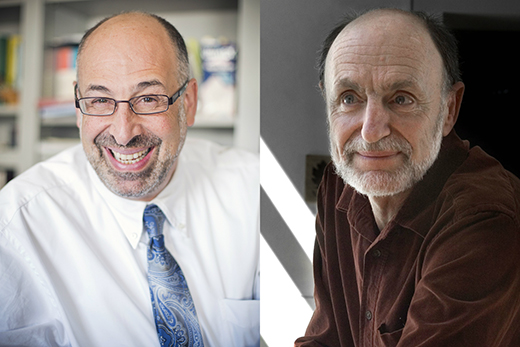The Emory News Center recently published a profile of a research project co-led by Jeffrey Lesser, Samuel Candler Dobbs Professor History. Lesser and research partner Uriel Kitron, Goodrich C. White Professor and Chair of the Department of Environmental Sciences, are examining “how the dynamics of human migration, disease transmission and access to health care have impacted a vibrant immigrant neighborhood in São Paulo, Brazil — one of the world’s largest megalopolises.” Check out the full article here.
